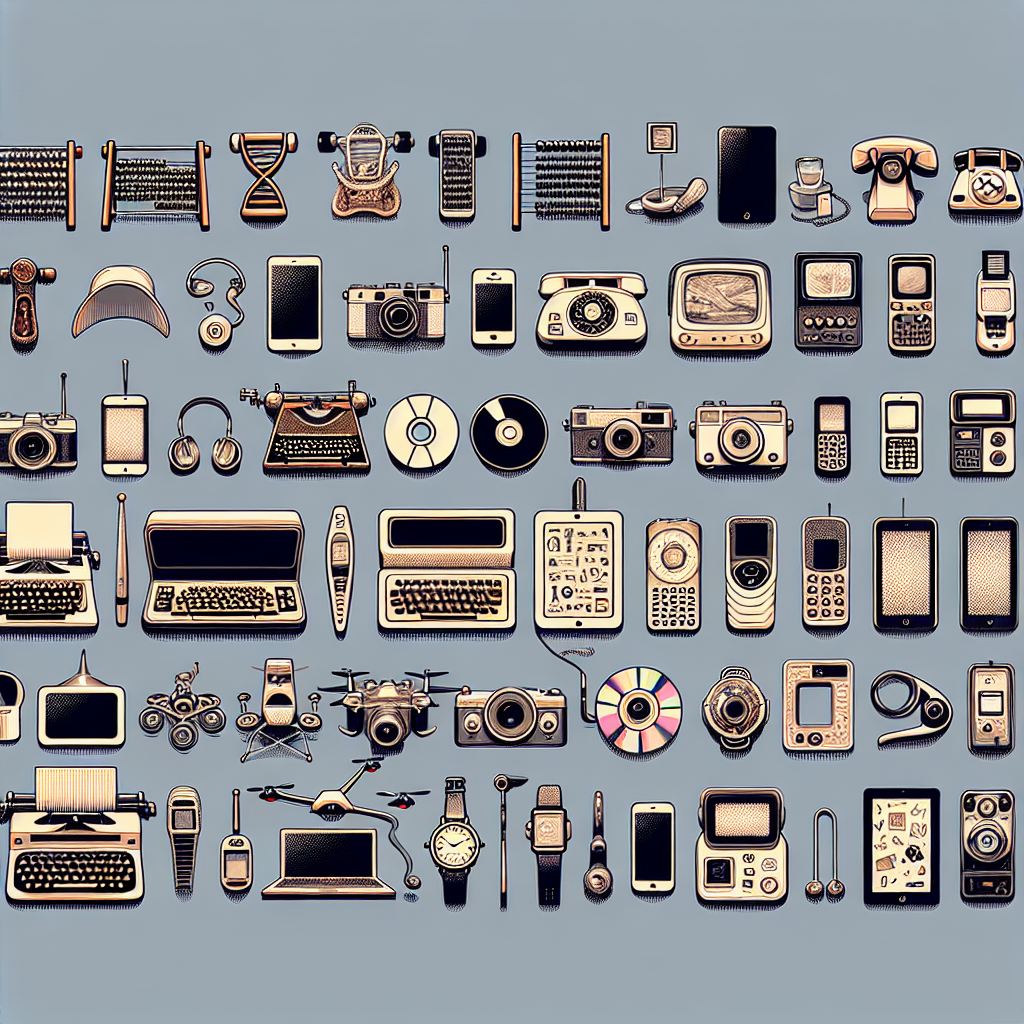A Brave New Year: The Intricacies of Technology in 2024
In the ever-turbulent sea of technology, the beginning of 2024 has brought with it a tide of peculiar updates, each wave crashing against the shore of our digital lives with the potential to reshape the landscape profoundly. From the mundane to the spectacular, the innovations and debacles of the tech industry continue to hold our collective gaze, demanding that we not only examine but also participate in this relentless march of progress.
The Key to Too Much Convenience?
Let’s dive straight into the trenches with Microsoft's latest endeavor. The co-pilot key, a rebrand of the oft-ignored menu key, has burst onto the scene, claiming its spot on keyboards worldwide. This key comes with an implicit promise: to deliver us from the extra clicks separating human whims from AI discussions. The move by Microsoft is a subtle yet telling nudge towards deeper integration of AI in everyday computing. But is there genuine utility here, or is it the result of a boardroom epiphany lacking in real-world resonance?
Preceding changes, like the addition of the Windows key, were met with acclaim for their practicality. In contrast, the 'co-pilot' faces skepticism. Is it an innovation or a superficial branding exercise? Microsoft's track record with keyboard shortcuts leaves room for doubt. And quirks like a LinkedIn-specific shortcut do little to dispel the notion that not all keys are created equal.
Touch the Sky with Starlink
Shifting our gaze skyward, SpaceX's Starlink has made headlines yet again, launching the first cell phone towers stationed in the great beyond. Aimed at LTE phones, the service has already witnessed its maiden text message. With T-Mobile's field tests on the horizon, texting from the stratosphere will soon be more than just a pipe dream. This leap for telecommunications heralds a new era, but one must ponder the practicalities: will SpaceX's celestial network prove to be as reliable and unobtrusive as the stars themselves?
For additional background on SpaceX's Starlink, visit their official website.
The Mirage of Quality: LG's AI-Oriented TVs
In the realm of visual entertainment, LG has thrown its hat into the ring with 2024 OLED TVs that pledge to elevate the viewing experience with AI processing. However, the allure of technology often masks the 'cheaty' shortcuts that manufacturers take. By polishing subpar inputs with AI magic, these new screens tease at a brilliance they do not inherently possess. The question then arises: are these features true enhancers of our viewing pleasure, or simply a veil over the shortcomings of the source material? And why, one must inquire, do these AI embellishments not grace the panels of LG's high-end computer monitors?
For more on OLED technology and its application in modern TVs, this digital trends article provides a comprehensive guide.
Apple's Waning Orchard
No analysis of tech trends would be complete without a nod to Apple. Once the golden child of Silicon Valley, Apple has hit a snag. Shares have tumbled, innovation has stalled, and the world waits with bated breath for the next 'big thing.' The decision to not release a new iPad model in a year is a stark break from tradition that speaks volumes. It suggests a readjustment of strategy, a reflection of consumer disinterest in frequent upgrades, and perhaps a candid admission that the advancements simply aren’t there. Apple's plight serves as a cautionary tale of a titan grappling with the Capricious winds of consumer sentiment and the relentless pace of progression.
Curious about Apple's current trajectory? Dive deeper with insights from Barkley's report.
The Fast and the Curious: Gaming's New Horizons
On the gaming front, LG's 2024 OLED monitor touts a dizzying 480Hz refresh rate, albeit at 1440p. This is the gaming enthusiast's delight and the competitive gamer's dream. However, whether such spectacular specifications translate to a perceivable advantage remains debatable. As games lean towards speed over splendor, displays race to keep up, often outpacing the human eye's ability to discern the difference. Herein lies the conundrum: is the pursuit of technological excellence outstripping its practical utility?
For an in-depth look at the impact of higher refresh rates in monitors, consider perusing this analysis by PC Gamer.
Conclusion: The Paradox of Progress
As we survey the broad strokes and fine lines that define the early technological narratives of 2024, the dichotomy of innovation and practicality becomes increasingly evident. In an age where the new is often lauded solely for its novelty, the need to dissect, critique, and understand these advancements is paramount. Only by doing so can we ensure that our pursuit of the future does not lead us down a path of mere redundancy or, worse, regression. The year is young, and the digital odyssey continues - buckle up, for the journey is as unpredictable as it is inevitable.
Related News
- The Tech World's Year-End Stupor: A Zesty Reflection on the Industry's Pulse
- The Tech Merge Madness and the Quirky Peripherals of Our Time
- The 2024 AI Odyssey: Riding the Exponential Curve into an Era of Unprecedented Innovation
- Riding the AI Wave: How the Titans of Tech Are Shaping Our Future
- Diving into the Latest AI Frenzy: Text to Video Magic and Much More!
